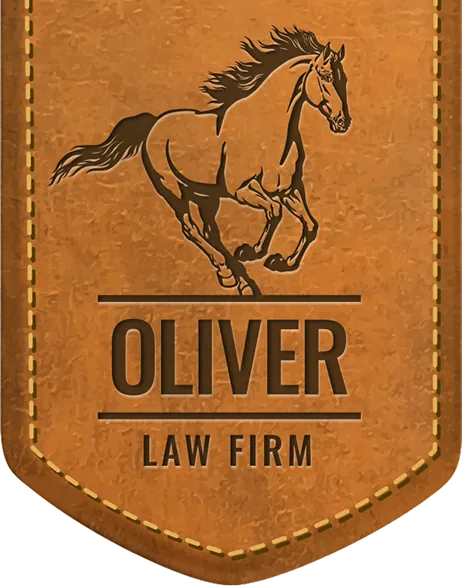When taking on a passenger, a driver assumes a degree of responsibility for that passenger’s safety. This responsibility is well accepted and understood. State law requires that every driver keep a minimum bodily-harm liability protection of $20,000 per person. This liability is applied not only to other drivers but also to passengers, pedestrians or any other bystanders who are injured but not at fault for a wreck. Unlike drivers, passengers are able to file suit against both parties in a two-vehicle crash, assuming the drivers share some degree of fault. In this entry, we will define what is meant by “passenger,” and explore the rights of injured passengers.
With ride-booking services like Uber becoming nearly ubiquitous in urban areas, the terms “passenger” and “fare” are becoming blurred. Legally, both an Uber fare and a friend along for the ride are considered passengers. The passenger of a commercial vehicle, however, is owed a duty of care by the service provider, meaning that the passenger need not prove negligence in order to recover damages. The same would be true of passengers who hire Uber drivers who are not commercially licensed and insured. Non-fare passengers, however, are not entitled to the same duty of service as a commercial passenger and must prove a driver negligent in order to seek reimbursement for damages. Another important passenger distinction is that between a passenger and immediate family member. In the event of a wreck, family members are considered “insureds,” not passengers, covered by the same policy that protects the driver.
In the event of a wreck, injured passengers typically have more options than injured drivers. However fault is distributed among the drivers, it is rarely ever attributed to the passenger. After a single-vehicle accident, the injured passenger may bring suit to recoup any damages not covered by the driver’s existing insurance policy. In a multi-vehicle wreck, an injured passenger may bring suit against any offending driver in order to recover damages. The court will decide how to divide the liability between the offending drivers, and passengers may recover losses from drivers at the same percentage. If you happen to be a passenger during a multi-vehicle wreck, be certain to obtain insurance information from both drivers, just in case.
If you, a loved one or a client is injured as a passenger during an automobile accident, there are many options open to you for recovering your damages and getting on with your life. Don’t let your claim be delayed or brushed aside by insurance companies. Go with the team who fights insurance companies. Oliver Law Firm will help you navigate the litigation process and achieve the justice you deserve. Call Oliver Law Firm law firm today for a free consultation.
ARKANSAS Motor Vehicle and Traffic Laws and State Highway Commission Regulations. (2013). Retrieved February 29, 2016, from https://www.arkansashighways.com/act300/AR Motor Vehicle 2013 Edition..pdf
Consumer Frequently Asked Questions PRIVATE PASSENGER AUTOMOBILE INSURANCE. (n.d.). Retrieved February 29, 2016, from https://insurance.arkansas.gov/consumers/f_a_q.htm
Summary of Vehicle Occupant Protection and Motorcycle Laws. (2013, November 15). Retrieved February 29, 2016, from www.nhtsa.gov/…/812129-SummaryVehicleOccupantProtection-MotorcycleLaws.pdf
a Free Consultation


